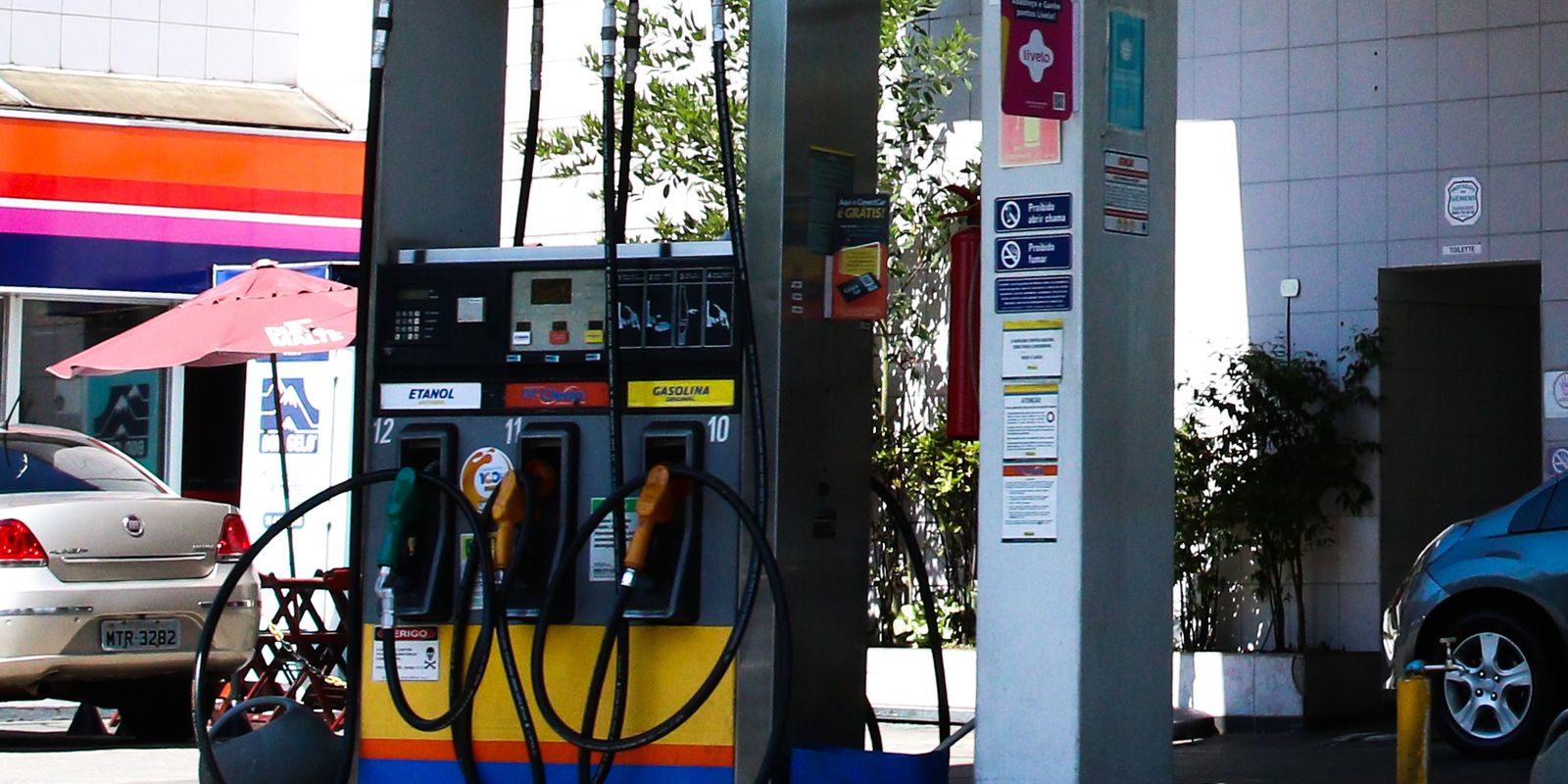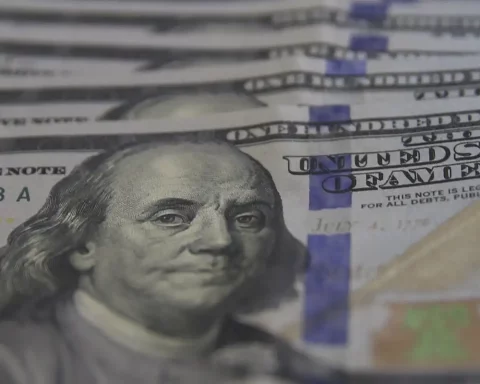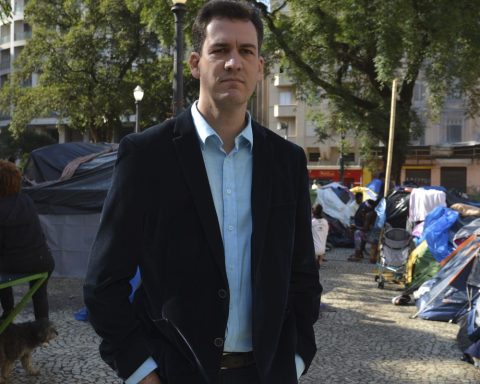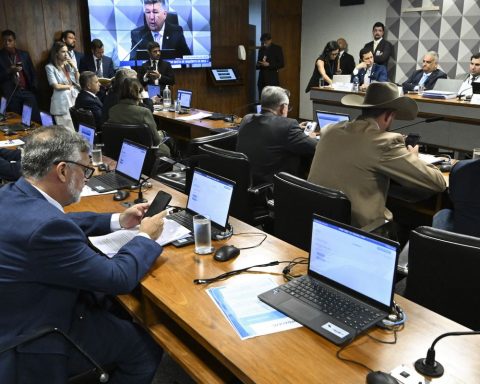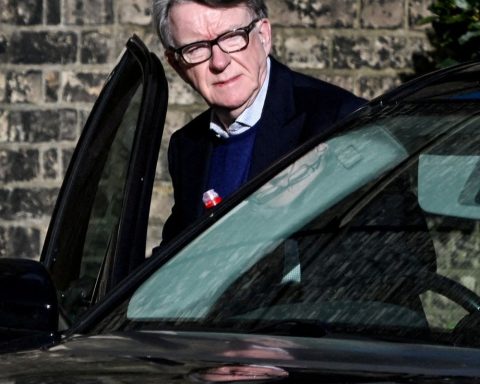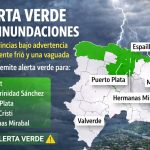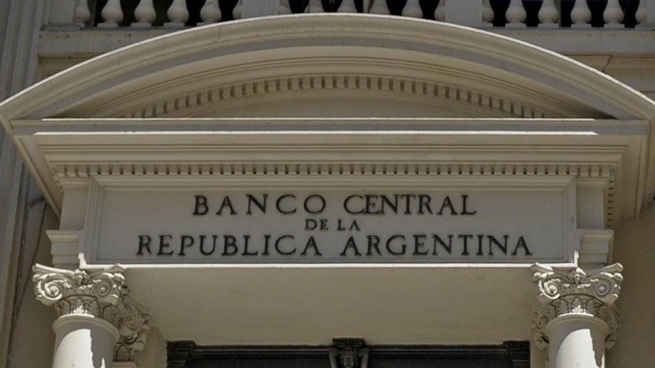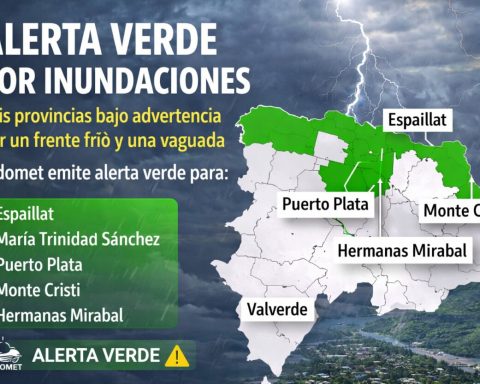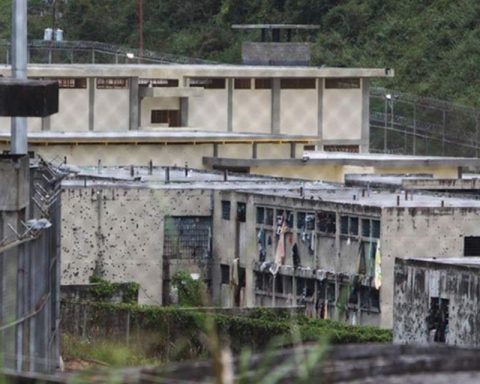The government of São Paulo announced today (27) the reduction of the Tax on the Circulation of Goods and Services (ICMS) on fuels. The amount of taxation increased from 25% to 18%. The estimate is that the measure will cause a drop of R$ 4.4 billion in state revenue.
According to Governor Rodrigo Garcia, the reduction in the tax could lead to a reduction of R$ 0.48 in the price of gasoline to consumers. According to him, the average price in the state is currently R$ 6.97 and could be as low as R$ 6.50, if there is a full transfer of the tax waiver to the amounts charged at the pumps.
Procon of São Paulo should disclose the composition of fuel prices in the state to encourage stations and distributors to pass on the tax cut to the prices charged to the final consumer.
Federal law
The reduction of ICMS rates complies with Federal Complementary Law 94, of 2022, approved last Wednesday (15). According to the text, which was sanctioned by the President of the Republic, the maximum amounts of tax that can be levied on fuel, electricity, communications and public transport were between 17% and 18%. These items are now considered essential for taxation purposes.
education and health
The reduction in revenues will cause, according to the governor, a decrease in spending on health, education and technology in the state. “The bill is very simple: we have a budget tied to 30% [do ICMS] for education, 12% for health”, he detailed about how the tax is obligatorily invested in the state. ICMS also finances state universities and the State Research Support Foundation (Fapesp).
According to Garcia, the reduction in rates will cause proportional cuts in the budget of these areas. “When you reduce ICMS, which we estimate at more than R$ 4 billion in relation to gasoline alone, you take R$ 1.2 billion from education, R$ 600 million from health, and so on”, he highlighted.
President Jair Bolsonaro, when sanctioning the federal law, vetoed the article that provided for states to compensate, by the Union, for revenue losses caused by the new legislation.
